I’m joined by Matt Singer this week, author of Opposable Thumbs: How Siskel and Ebert Changed Movies Forever. The book, out this Tuesday, is a wide-ranging look at the myriad ways in which Roger Ebert and Gene Siskel’s seminal show—or, really, three shows, which ran across multiple networks over multiple decades—changed not only film criticism but film marketing as well. We talked about the introduction of the thumb system—which, shockingly, was not with the duo from the beginning—and why their genuinely antagonistic relationship hasn’t really translated to the YouTube/podcast era of film criticism. If you enjoyed the episode, make sure to share it with a friend!
Share this post

How Siskel and Ebert Got Their Thumbs
www.thebulwark.com
How Siskel and Ebert Got Their Thumbs
Matt Singer on 'Opposable Thumbs,' his new history of 'Siskel and Ebert.'
Oct 21, 2023
Bulwark Goes to Hollywood
Audio
Sonny Bunch on movies, technology, and understanding the next Hollywood
Sonny Bunch on movies, technology, and understanding the next HollywoodListen on
Substack App
RSS Feed
Recent Episodes




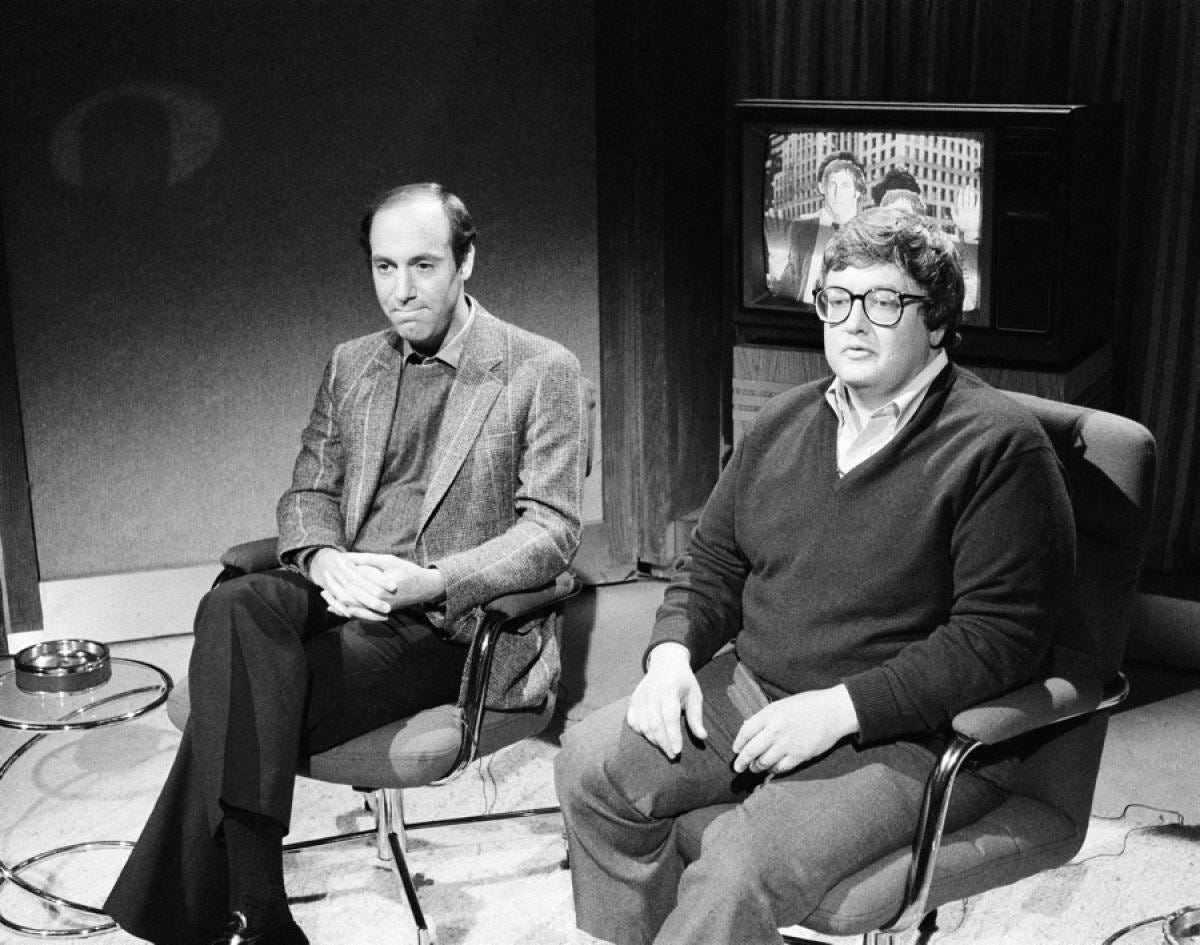


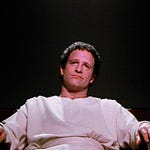
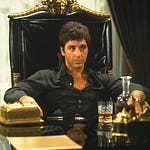


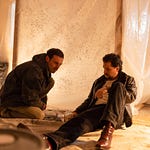
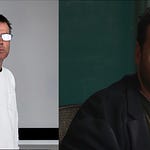
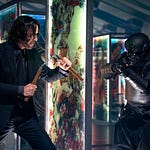
How Siskel and Ebert Got Their Thumbs